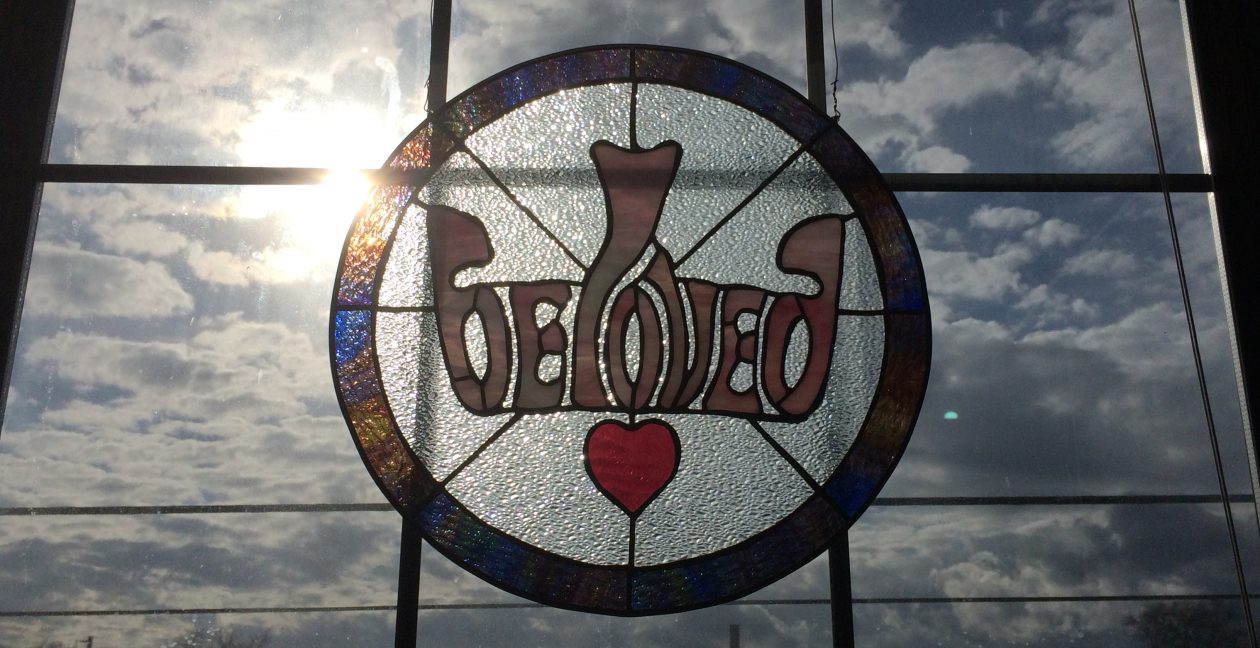“Mitakuye oyasin” is an expression from the Lakota Sioux language. It reflects the worldview of interconnectedness held by indigenous peoples of North America. The phrase translates as “all my relatives,” “we are all related,” or “all my relations.”
It is a prayer of oneness and harmony with all forms of life: other people, animas, birds, insects, trees and plants, and even rocks, rivers, mountains and valleys.
The reading that follows from Ecclesiastes reminds us of our connection with the natural world. We are not apart from but a part of the natural world.
“I said in my heart with regard to the children of man that God is testing them that they may see that they themselves are but beasts. For what happens to the children of man and what happens to the beasts is the same; as one dies, so dies the other. They all have the same breath, and man has no advantage over the beasts, for all is vanity. All go to one place. All are from the dust, and to dust all return. Who knows whether the spirit of man goes upward and the spirit of the beast goes down into the earth?”
Ecclesiastes 3:18-21

Blessing of the Animals
In a number of cities across the United States Catholic, Protestant and Jewish clerics hold annual “Blessing of the Animals” ceremonies. People bring their beloved pets and animals to receive a blessing and in grateful recognition of the tremendous services given to the human race by the animal kingdom.
Animal blessings by Catholic priests and Protestant pastors are usually held during the Feast of Saint Francis on October 4th. Jewish rabbis offer animal blessing ceremonies on the seventh day of Passover (in Spring) or in late October during Shabbat Noach (telling the story of Noah) January 17th. Feast Day of San Antonio de Abad (Coptic-Egyptian monk born in 251 AD and considered a patron saint of animals) is another day when animal blessings occur in churches in parts of southern California and Mexico.
Animal Blessings are also presented on Holy Saturday in Catholic churches throughout southern California.
To truly see our inner-connectedness with all creation requires a “beginner’s mind,” a concept phrased from Zen Buddhism. This brief description by Abbess Zenkei Blanche Hartman gets close to the heart of it. “It is the mind that is innocent of preconceptions and expectations, judgements and prejudices.”
HAIKU:
Recalling myself to beginner’s mind ~
I fail ~
Change is ever present.
Neko
